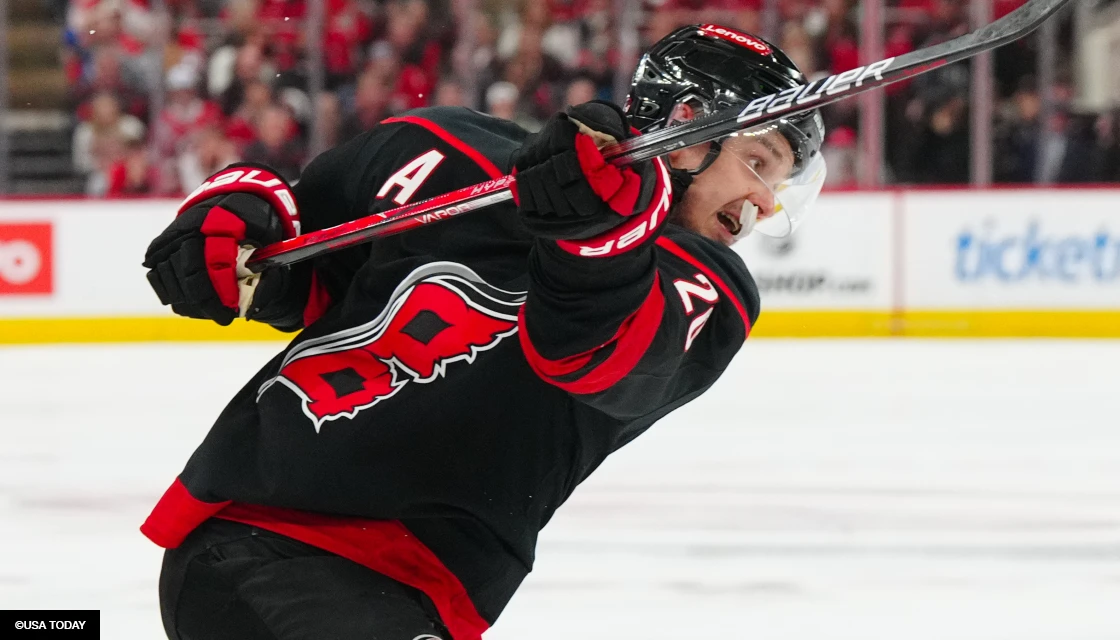Rivalry released some strong financial results this week for the first quarter of 2023. The company’s CEO says a lot of that success has to do with how the Ontario sportsbooks operator has handled its marketing.
First, the results for the entertainment and esports company: A Q1 (three months ended March 31) betting handle of $120.2 million, a 199% year-over-year increase; record revenue of $12 million in Q1, a 151% year-over-year increase; gross profit of $5.4 million, a 698% year-over-year increase; a doubling of registrations year-over-year, reaching 1.5 million users; net loss of $3.3 million, a 50% reduction from the net loss of $6.6 million in Q1 2022, the fifth consecutive sequential decrease in net loss.
“Rivalry is at an inflection point where the operating leverage created through our market strategy is meeting scale in the business and if it continues to grow as we have been profitability is within our sights,” Steven Salz, the co-founder and CEO of Rivalry, said during a conference call to investors.
Company Capturing Younger Audience
Players of all generations (assuming they are of legal gambling age) can partake in live dealer casinos in Ontario – but Rivalry says said 97% of its active users are Gen Z and Millennials
“This is a fast consuming, digitally native consumer cohort with unique consumption habits and entertainment preferences,” Salz added. “Building innovative products, which add to an overall unique and interactive betting experience on Rivalry, will remain a strategic focus in 2023. The competitive advantage of engaging and fun products is increased user activity and satisfaction, and when combined with a profitable acquisition strategy, creates a flywheel effect in the business generating consistent organic momentum and enhancing our operational efficiency.”
The company also points to a “hometown hero narrative” that comes with being headquartered in the Ontario casino apps market where it is operating. Rivalry can tap into relationships and its knowledge of the area to help build out targeted community events, like esports watch parties and gaming events that the company hosts in partnership with local influencer partners.
For example, Rivalry hosted a watch party for the CS:GO IEM Rio Major in April with Launders, one of its partners, that drew more than 200 people.
This year Rivalry partnered with two top Valorant and Counter-Strike creators (Launders & Wardell) to further engage fans of these gaming communities and deepen their organic reach on social media by tapping into a combined audience of over 380,000 Twitter followers.
Rivalry Strategy on Social Media
“Our strategy on social media and with our influencers is to not just use them as mouthpieces for the company but to really use their distinct qualities and personality to create engaging entertainment that provides real value to fans,” Rivalry spokesperson Cody Luongo said.
Rivalry has more than 85 million followers globally, across its owned media channels and creator partners' channels.
Salz pointed to a 5% reduction in marketing spend. One analyst during the call commented on that – how the volume of Ontario online casinos ads is a focus these days, especially the use of celebrities like Wayne Gretzky, Connor McDavid and Auston Matthews. It was also pointed out how the province’s regulatory body, the Alcohol and Gaming Commission of Ontario, has been hearing input from industry stakeholders while considering whether to adjust the Advertising Standards to ban the use of celebrities in iGaming ads.
Rivalry has been focusing more on establishing a brand among the younger audience through “organic word of mouth marketing and retaining them through an affinity for our brand” rather than through bonuses or expensive television ads. The analyst asked if potential restrictions on iGaming advertising will benefit Rivalry because of its focus on organic growth.
“Because Ontario is a new regulated market there has been a lot of press attention on it and therefore things that are maybe more normal course in more mature markets, like evaluating marketing standards, gets a disproportionate amount of headlines,” Salz said. “It gets more people questioning in a way that is more significant than the actual weight of the issue.”
The operators who are doing these top-of-the-line Ontario sports betting apps marketing deals with celebrities will struggle to differentiate from one another if changes to the standards are brought in, Salz added.
“For us we don’t see an impact,” he said. “Our marketing is more word of mouth and content driven. We just don’t focus on what others are doing. I don’t think this would be a win for us. We market in such different avenues to them we don’t worry about them encroaching into our space. And if theirs gets smaller and shrinks, we don’t really care. I think it might be better for the consumer, not getting bombarded with ads every time they watch a Blue Jays game, for example. We are so used to doing our own thing.”
As the province’s gaming scene continues to grow, OntarioBets will have coverage of major issues in sports wagering and iGaming.







